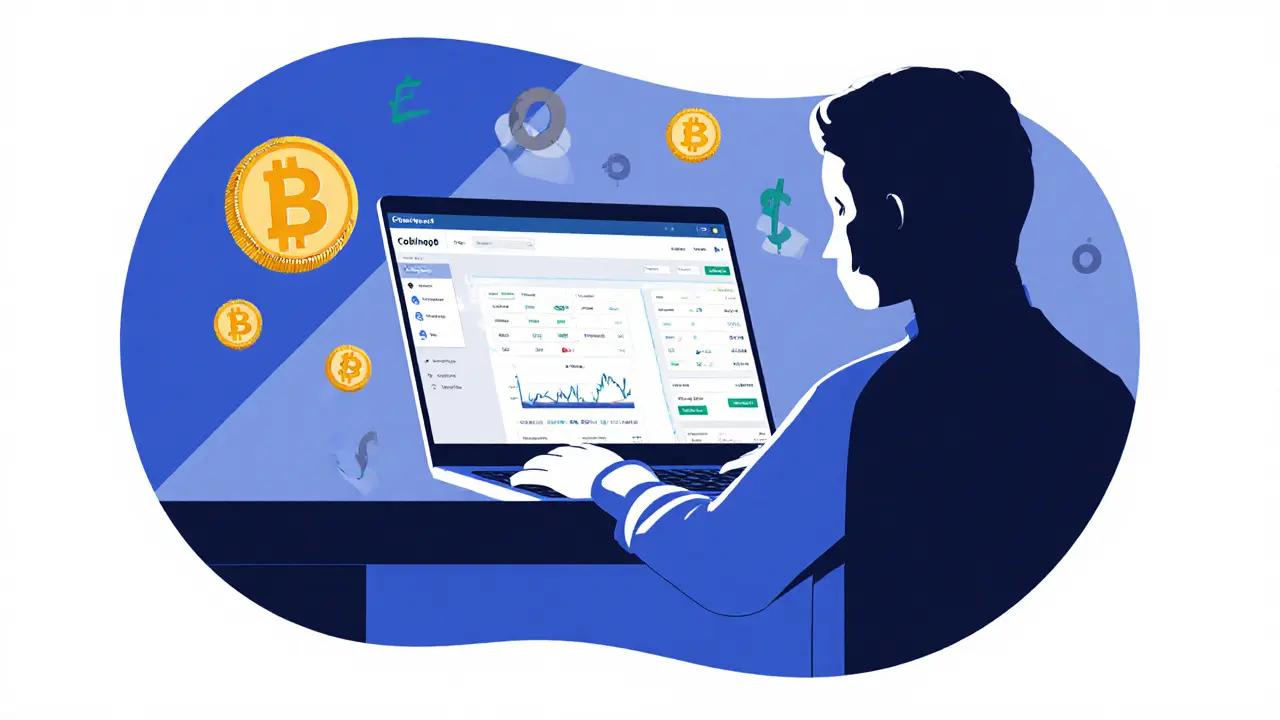Zero Fee Crypto Exchange: What’s Real and What’s a Trap
When you see a zero fee crypto exchange, a trading platform that charges no commissions for buying or selling cryptocurrencies. Also known as no-fee DEX, it promises to cut out middlemen and let you trade without hidden costs. But here’s the catch: if there’s no fee, who’s paying for the servers, security, and liquidity? Most of the time, it’s you—through slippage, low trading volume, or worse, a scam that vanishes with your funds.
Not all zero-fee platforms are fake. PancakeSwap V3 (Base), a decentralized exchange built on Coinbase’s Base blockchain actually offers zero trading fees by using concentrated liquidity and optimized smart contracts. It works because users still pay network gas fees, and the platform earns through small protocol fees on liquidity provision—not direct trading charges. Same with Verse, a decentralized exchange by Bitcoin.com that avoids centralized listing fees by shifting entirely to on-chain trading. These aren’t magic tricks—they’re smart design choices that shift costs away from traders and onto liquidity providers or token holders.
But then there’s Zeddex Exchange (BSC), a platform that claims zero fees but has almost no trading volume, no audits, and zero community trust. It’s a classic trap: flashy marketing, zero real users, and a token that only exists on paper. When a DEX has no liquidity, your buy order won’t fill. Your sell order gets crushed by slippage. And if the team disappears, your assets are locked forever. This is why zero fee crypto exchange is a red flag if it’s not backed by real activity. You can’t trade what isn’t there.
What you’re really looking for isn’t just a zero fee label—it’s a healthy ecosystem. Look for platforms with high daily volume, verified smart contracts, and active community governance. The best ones don’t hide fees—they make them transparent. Some charge gas, others reward liquidity providers with tokens. A few even use revenue-sharing models where users earn a cut of the platform’s income. The ones that promise free trading with no strings attached? They’re selling something else—your attention, your data, or your crypto.
Behind every zero-fee claim is a business model. Some are sustainable. Most are not. The posts below dive into real examples—like how PancakeSwap V3 actually works, why Verse is shifting to decentralized trading, and why Zeddex and Welcoin are dead ends. You’ll also find stories of platforms that vanished overnight, scams disguised as free trading, and the quiet winners that built real liquidity without promising the moon. This isn’t about finding the cheapest trade. It’s about finding the safest one.
Cobinhood Crypto Exchange Review: Zero Fees, Big Risks in 2025
Cobinhood offers zero trading fees but lacks major coins, customer support, and regulatory oversight. A risky choice for experienced traders, not beginners.
Details +